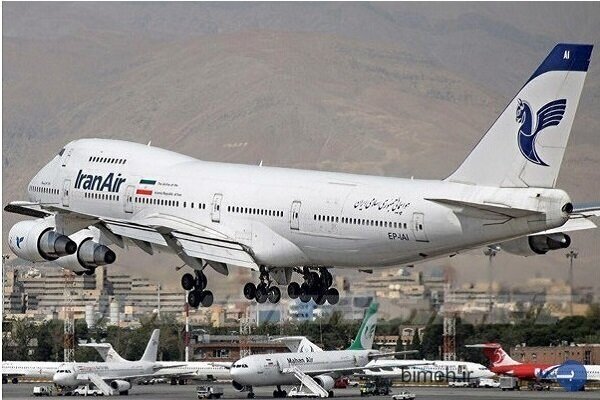Iran not to apply travel restrictions to all air passengers

TEHRAN – Iran’s deputy tourism minister has said the newly-declared travel restrictions do not apply to all air passengers.
Air passengers are allowed to enter Iran except those whose departure would be from Botswana, Swatini, South Africa, Zimbabwe, Malawi, Mozambique, Lesotho, and Namibia as well as England, France, Norway, and Denmark, ISNA quoted Ali-Asghar Shalbafian as saying on Sunday.
The official said that land and sea borders will be closed to all travelers excluding those who have specific visas for medical tourism, trade, business investment, and education.
The restrictions are planned to be enforced for 15 days as of December 19 due to the outbreak of the Omicron COVID-19 variant, the report said.
Over the past couple of days, several travel insiders have lamented that pauses for arrivals had caused many problems for the ones who had pre-arranged to visit the Islamic Republic.
On Saturday, Hormatollah Rafiei who presides over the Association of Air Transport and Tourist Agencies of Iran said some foreign travelers stayed outside Iran’s borders and failed to enter the country as the result of the ban. “None of the tourist-friendly countries have implemented such restrictions and bans,” he said, calling the new regulations and instructions ‘unprofessional’ and ‘wrong’.
“While we support the ban on the entry of citizens of the few African countries that were sources of the new variant of the coronavirus, we object to the suspension of tourist visas for all foreign nationals.” The decision is wrong and will cause damage to the country once again as well as create distrust towards Iran on the global tourism market, he lamented.
Some believe that preventing the spread of new variants of the virus and maintaining public health is preferable to the benefits of tourism.
Over the past days, activists for Iranian tourism urged the three ministries of interior, tourism, and foreign affairs to facilitate travel to Iran for foreign tourists from the mentioned countries who have obtained tourist visas and are en route to Iran or about to visit it.
Furthermore, a health certificate with a negative coronavirus PCR test result, issued at most 72 hours before arrival, is also required for travelers. The new regulations and restrictions on travel to Iran have been put into place just two months after the visas were issued for foreign visitors after almost 19 months of suspension.
Last month, Iranian officials announced that in addition to providing proof of vaccination or a negative PCR, inbound passengers must have coronavirus insurance, which differs from the routine insurance coverage purchased by all tourists before the coronavirus era.
The pandemic has taken a huge toll on Iran’s civil aviation sector. For instance, airlines reportedly lost hundreds of millions of dollars because of flight cancellations during the busy New Year travel season last March.
Some experts say Iran has the potential to experience a tourism boom after coronavirus is contained, believing its impact would be temporary and short-lived for a country that ranked the third fastest-growing tourism destination in 2019.
Iran is potentially a booming destination for travelers seeking cultural attractions, breathtaking sceneries, and numerous UNESCO-registered sites. Under the 2025 Tourism Vision Plan, Iran aims to increase the number of tourist arrivals from 4.8 million in 2014 to 20 million in 2025.
AFM
